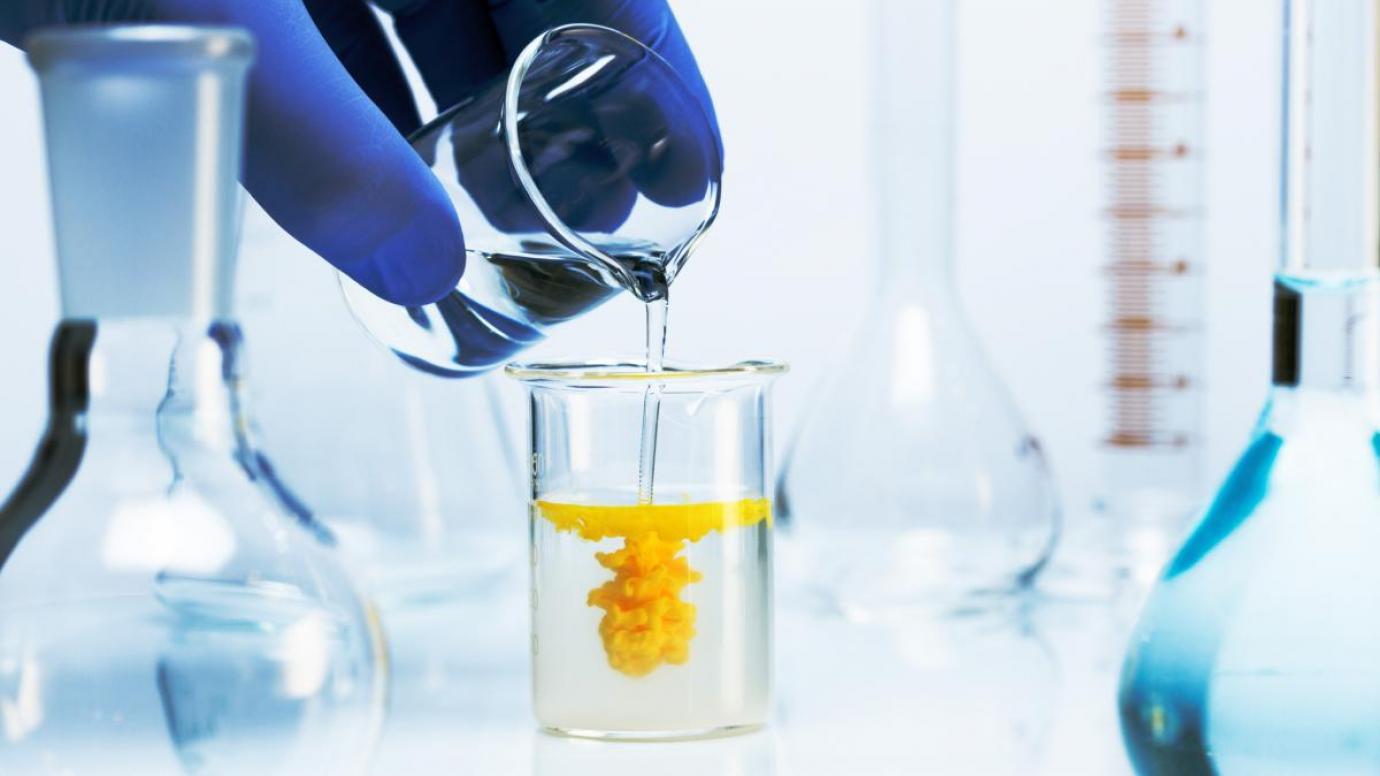Disappearing Ink
Do you know what "organocatalysts" are? Learn more about these amazing chemicals with this do-it-yourself tutorial.
- Languages:
- English
- Ages:
- 9-12
- 12-15
- 15-18
- School subject:
- Chemistry
- Format:
- Video
- Research field:
- Chemistry

Learn about organocatalysts with a simple experiment
Learn more about organocatalysts with this incredible do-it-yourself tutorial!
Organocatalysts are compounds made of non-metal elements that can speed up a chemical reaction. They are important for research because they can react in solutions which are non-toxic, such as water. The do not require harsh conditions to work, they are environmentally friendly and inexpensive.
Studying the types of reactions associated with organocatalysts allow scientists to better understand the role they played on early Earth and how they can contribute to modern science.
Science is Wonderful! Disappearing Ink Tutorial
Organocatalysts are compounds made of non-metal elements that can speed up a chemical reaction.
They are important for research because they are environmentally friendly and inexpensive: they can react in solutions which are non-toxic, such as water, and do not require harsh conditions to work.
Information for teachers
- Activity duration: 1 hour
- Recommended group size: Any
- Recommended location: Indoors, a classroom at school
- Preparation by teacher needed: Yes, to prepare the materials
Additional materials required
- 1 measuring cup
- 3 transparent cups (glass or plastic)
- 75 ml distilled water (room temperature)
- Fountain pen blue water-based ink
- 3 tea spoons of sodium bicarbonate
- A spoon
- Aluminium foil
- 10 ml white vinegar


